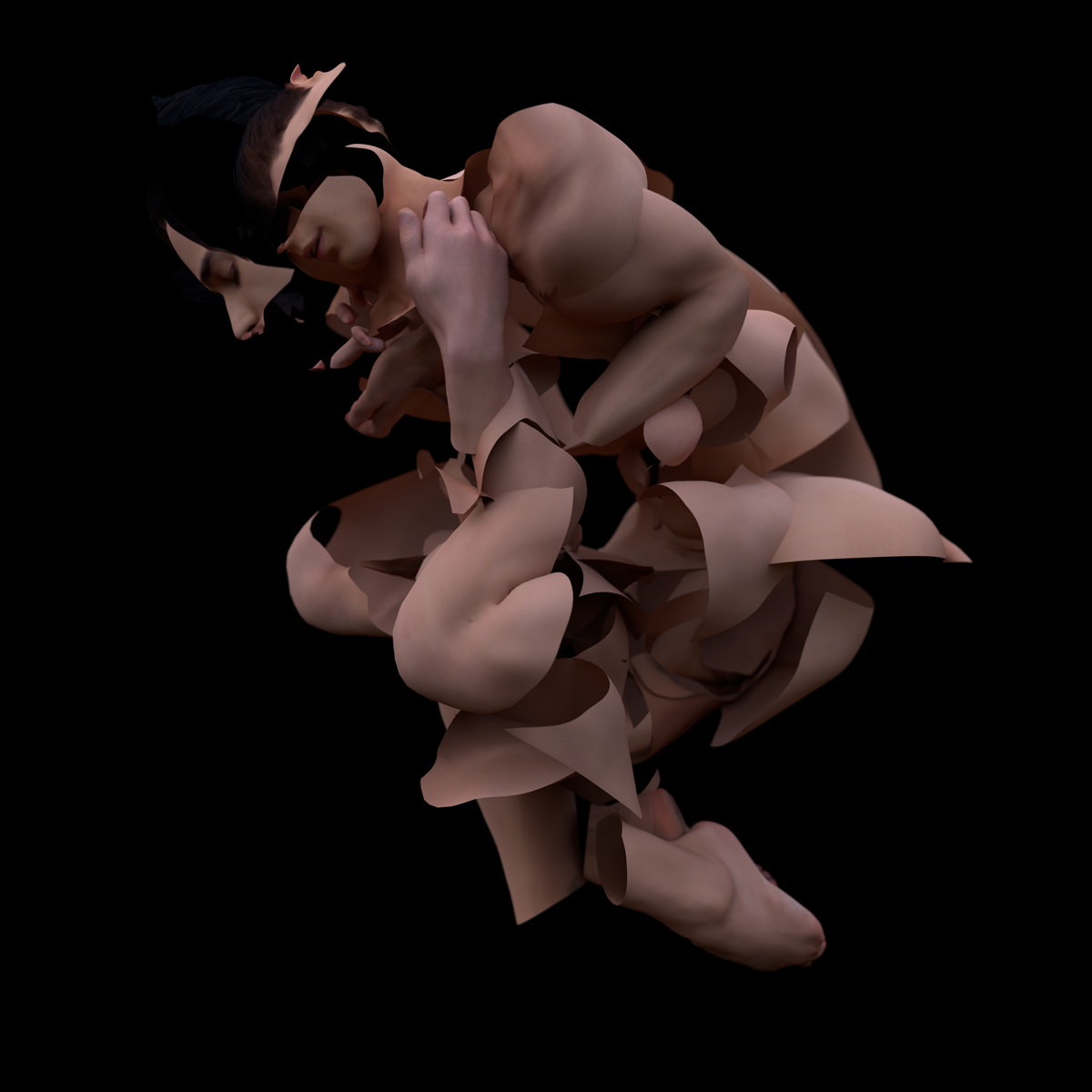Four Questions for Composer Luke Styles
How do you compose responses to Britten’s Canticles?
1. As a composer, what is your relationship to the music of Britten?
I feel very close to Britten’s operatic and vocal music. I find his word setting superb and would hold Britten up alongside Purcell as the two composers in English whose word setting feels both completely natural and a seamless part of their original compositional voices.
In both his operas and vocal music Britten’s sense of drama and pacing are exemplary and are aspects of his music I am regularly learning from. He is a composer who understands the theatre.
I do wonder what would have developed out of his musical imagination had he studied with Alban Berg as was his plan at one stage. Would he have developed more radical harmonic and rhythmic aspects to his music? There are flashes of this potential Britten in works like Phaedra and the opera Death in Venice, but perhaps it is in his contemporary Tippett that the rhythmic and harmonic elements of music are more strikingly modern.
2. How did you approach the task of creating a work that both responds to Britten’s as well as standing on its own musically?
This was the biggest challenge of the commission and underpins the whole dramatic concept of the opera. In Awakening Shadow I took the decision that my scenes would create a separate musical world to the Britten, they would offer a clear musical break and hence make the scene structure of the work very clear. My scenes use non-pitched vocal sounds, they are at a different tempo from the Canticles that precede each scene, they are scored differently and (especially in the first three of my scenes) their melodic lines are fragmented.
What links my scenes to Britten’s Canticles are snippets of melody, rhythm and harmony which are snatched, out of context, and transformed in my scenes, simultaneously creating a musical link to the Britten but finding a new context for this material. The biggest link though between myself and Britten’s Canticles is through the adoption of the dramatic/conceptual themes in the Canticles and giving these my own treatment. These themes range from lightness and darkness, religion and faith, the environment and mutability. I play with these themes (which are within the Canticles) to transition between each Canticle and to change the perspective on the themes from how Britten explores them.

"The biggest link though between myself and Britten’s Canticles is through the adoption of the dramatic/conceptual themes in the Canticles and giving these my own treatment. These themes range from lightness and darkness, religion and faith, the environment and mutability."
3. You’ve added a soprano and a violin to Britten’s total instrumentation. How have you treated the resulting vocal/ instrumental octet?
The total ensemble moves in an arch away from and back to its full grouping. Along the way the voices come together in duos and solos with one voice in particular, the Soprano, having a heightened dramatic role in my scenes, brought about by its absence in the Britten Canticles. This reaches its apex in the scene of mine titled Nova Stella.
The violin is the only instrument that doesn’t get a solo in the opera, but I have tried to insert soloistic moments for the violin into a number of my scenes, most predominantly in the very opening scene of the opera. It is my gesture towards balancing the violin’s absence in the Britten and to give it a dramatic capacity to suggest something different, or something new in my scenes, just like the soprano voice.
4. How does this piece sit in your own development as a composer? What was it like returning to it in quite a radical revision from its original conception?
This is my most recent opera to be performed (I currently have new opera projects in development, which are again quite different from this opera) and it is my only opera that has its starting point in one of my earliest operas, Wakening Shadow. Because of this, it represents very current musical interests of mine in how I am writing for voices and the creation of abstract drama in an operatic space. Most of my other operas are more traditional in their narrative function whereas throughout my career I have been creating dance, circus and movement works that are more abstract theatre. Awakening Shadow is an expression of this more abstract form of storytelling within the frame of an opera.
I felt a real freedom to approach Awakening Shadow in this way because it involved going back to my earlier opera Wakening Shadow as a departure point, rather than starting completely afresh. I looked at the earlier opera and decided I needed to be more radical in my relationship to the Britten Canticles and exploration of themes and I needed to both find new text and a new musical approach to allow me to do this.
It feels right to have created an opera that sits in almost the same orchestration as the Britten Canticles and by doing this my scenes and the Canticles feel like they have been created in the same spirit as they fuse together on their own dramatic/musical journey.
Keep in touch
General Inquiries
- contact@sydneychamberopera.com
-
SCO, Carriageworks
PO Box 3035 Redfern, NSW 2016
Postal Address -
SCO, Carriageworks
245 Wilson St Eveleigh, NSW 2015
Resident Address - (02) 8571 9106